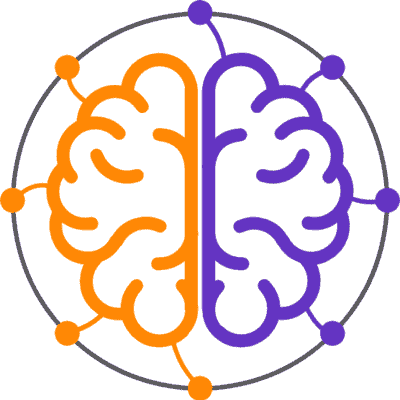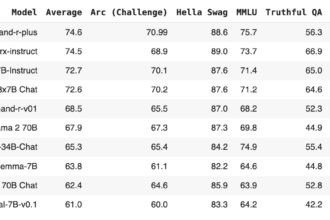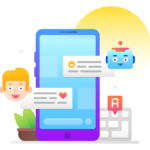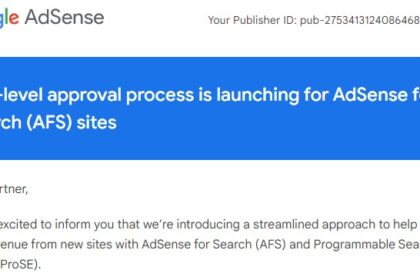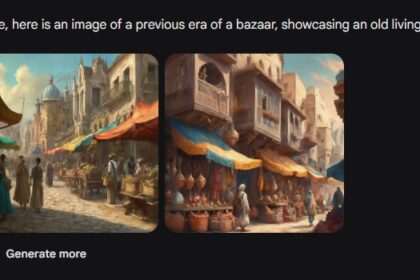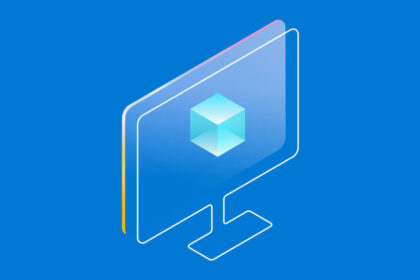ChatGPT, an AI-powered chatbot developed by OpenAI, has undergone a significant update that allows it to access the Internet for current information. Previously, the chatbot’s knowledge was limited to data until September 2021, but it can now browse the web in real-time, providing users with the latest information and news. This new feature is initially available for premium users but will eventually be available to all users.
Being able to access the Internet has many implications. Users can now ask questions on ChatGPT about current affairs and get reliable information with direct links to sources. This makes ChatGPT a valuable resource for staying up to date with recent events and conducting research on various topics.
OpenAI also introduced other features, including voice capabilities and image recognition. Premium users can now have voice chats with ChatGPT, share photos with the chatbot, and discuss details about the photos. These improvements are intended to make ChatGPT more versatile and user-friendly.
However, there are concerns regarding the accuracy of the information provided by ChatGPT. Without proper sourcing and fact-checking, there is a risk of misinformation spreading. OpenAI has faced scrutiny from regulators over the potential for ChatGPT to generate false information.
The decision to enable ChatGPT to access real-time information reflects the ongoing dilemma in the AI sector. While providing more functionality makes artificial intelligence systems more useful, it also increases the potential for misuse and the spread of inaccurate information.
In short, the new update for ChatGPT allows it to access the Internet for up-to-date information, making it a valuable resource for users. However, concerns about accuracy and misinformation remain, highlighting the challenges in balancing function and responsibility in developing AI.
